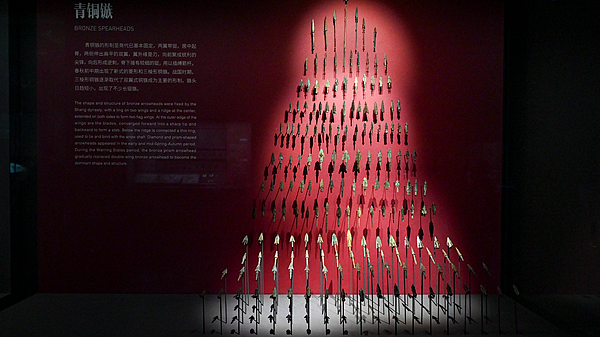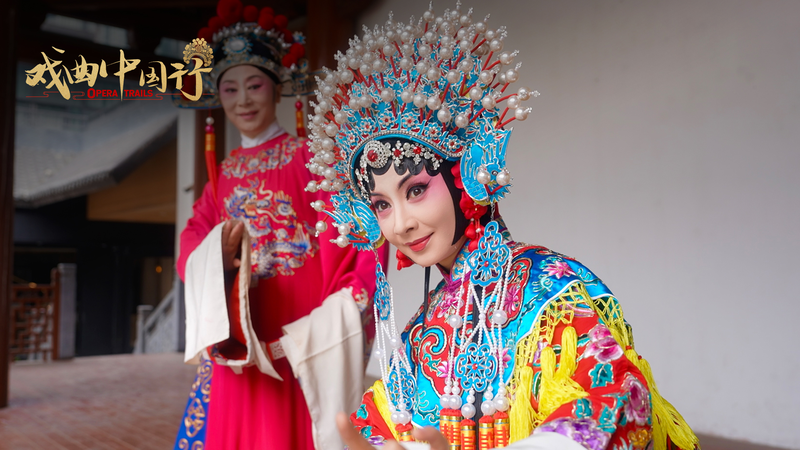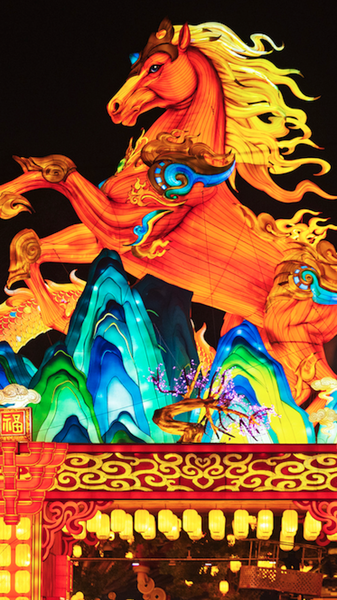Is there a cure for war? More than 2,500 years ago, the Chinese sage Mozi turned this question into a bold prescription: universal love. In a tumultuous era marked by endless battles, his voice rose above the clash of swords to offer a different path.
Mozi lived during the Warring States Period (475–221 BC), two and a half centuries of feudal strife when might often made right. Born a craftsman, he witnessed smaller states forced to switch allegiances like chess pieces, and he saw how power struggles left the vulnerable exposed.
Rejecting the refined rituals and music championed by Confucius, Mozi argued that poetry and ceremony could not feed the hungry or shield the weak. He traced human conflict back to self-interest: when we ignore another’s pain, we justify theft, villainize rivals, and wage war in pursuit of gain.
His remedy was simple yet radical: let universal love prevail under Heaven, so each may love others as himself. By caring for all equally, Mozi believed societies could replace aggression with empathy and build lasting peace.
Fast forward to today, and headlines still echo the age-old pattern of conflict. Yet Mozi’s message resonates in movements for human rights, sustainability, and global cooperation. Could universal love—once deemed too naive to swallow—offer a bitter remedy our world is finally ready to taste?
Reference(s):
A Chinese sage once offered a cure for war. Has the world taken it?
cgtn.com




